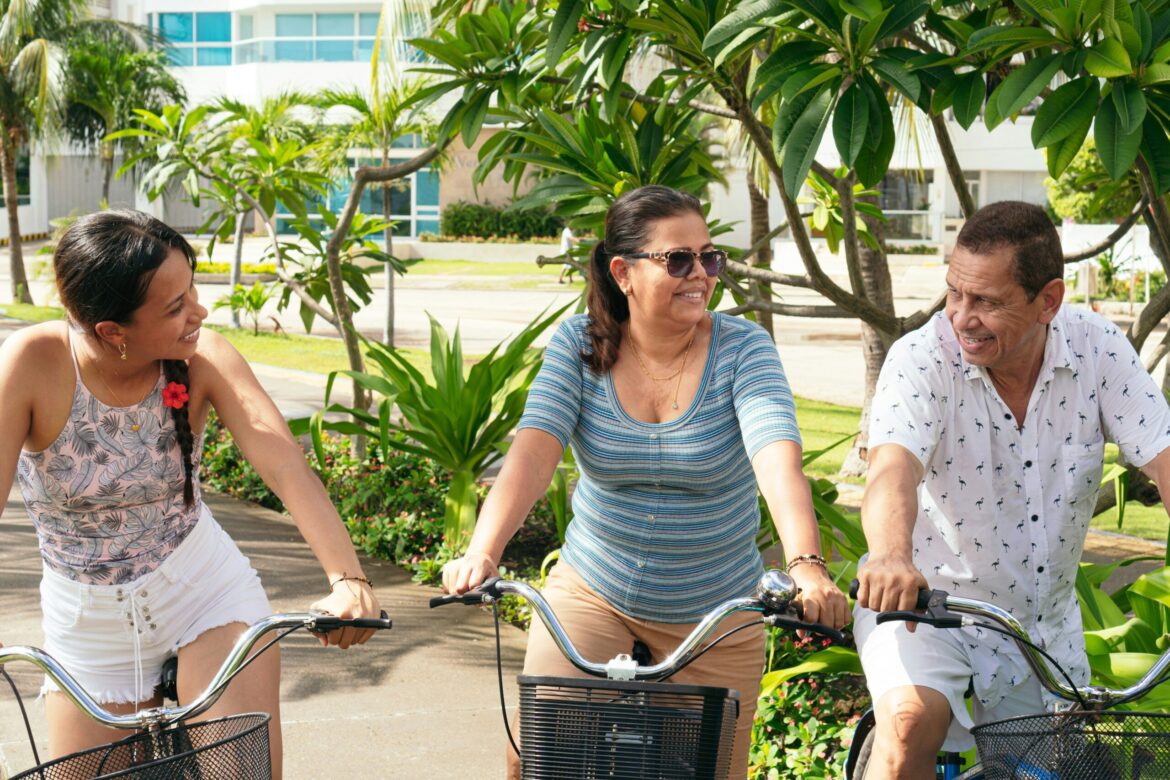As the new year begins, a notable trend is emerging in the travel industry: wellness tourism. More Americans are booking vacations designed not just for relaxation, but for improving their overall physical and mental health. Wellness retreats, spas, and health-focused travel experiences are seeing a dramatic rise in popularity, as people seek to reset and rejuvenate after the stresses of 2024.
In a post-pandemic world, the demand for wellness-focused vacations has been steadily increasing, with 2025 showing a significant uptick. A recent study found that over 40% of Americans planning trips this year are choosing destinations and activities that prioritize health and well-being, from yoga retreats in the mountains to detox spa resorts in tropical settings.
What’s driving this surge in wellness tourism? For many, the ongoing stresses of daily life, work pressures, and the lingering effects of the pandemic have left people feeling physically and mentally drained. Wellness tourism provides an opportunity to take a break from routine and focus on self-care. Whether it’s through immersive mindfulness practices, hiking in natural landscapes, or personalized spa treatments, these trips are seen as a chance to reset.
“I’m looking for a getaway that offers more than just a beach and a pool,” said Sarah Thompson, a traveler planning a wellness-focused trip this year. “I want something that will leave me feeling better both inside and out—more energized and balanced. The idea of a trip that focuses on my health and well-being is exactly what I need to start the year.”
As the wellness tourism industry evolves, many resorts and travel agencies are offering specialized packages that cater to different aspects of health, including mental wellness, fitness, nutrition, and mindfulness. Popular destinations like Sedona, Arizona, and Costa Rica have long been associated with healing and holistic practices, but new options are emerging closer to home, with states like Colorado, Hawaii, and Florida offering diverse wellness travel experiences. From private meditation sessions to plant-based cooking classes, the offerings are becoming more tailored to individual needs.
Another contributing factor to the rise of wellness tourism is the increasing popularity of “slow travel,” a concept where people take longer, more intentional trips that emphasize deeper engagement with their destination rather than rushing from one activity to another. This mindset is closely tied to wellness tourism, where the goal is not simply to visit a place but to fully immerse oneself in an experience that nourishes the body, mind, and soul.
Industry experts predict that wellness tourism will continue to be one of the fastest-growing sectors in travel over the next few years. As consumers place more value on mental and physical health, destinations and service providers are adapting to meet these demands by integrating more personalized, health-conscious offerings.
As wellness becomes an integral part of the modern lifestyle, these types of health-focused getaways are set to become more than just a passing trend. In 2025, taking a vacation to rejuvenate one’s health is not only a retreat; it’s becoming an essential part of a balanced, healthy lifestyle.


